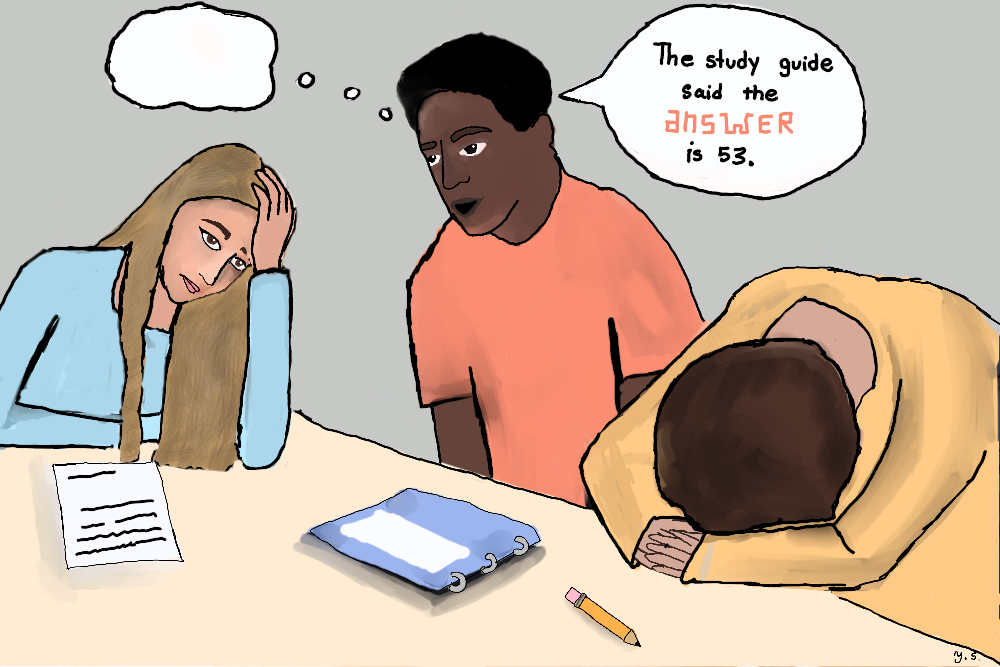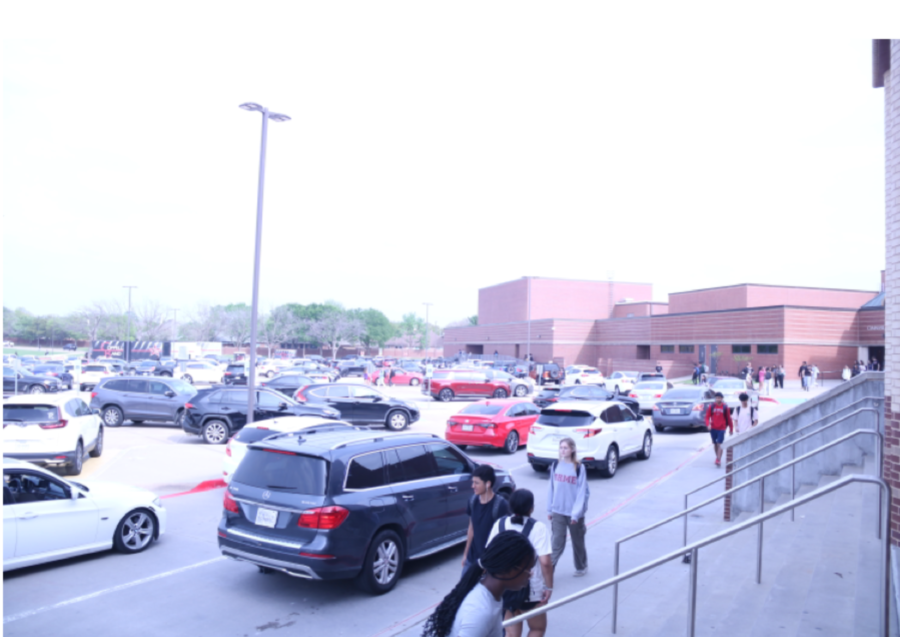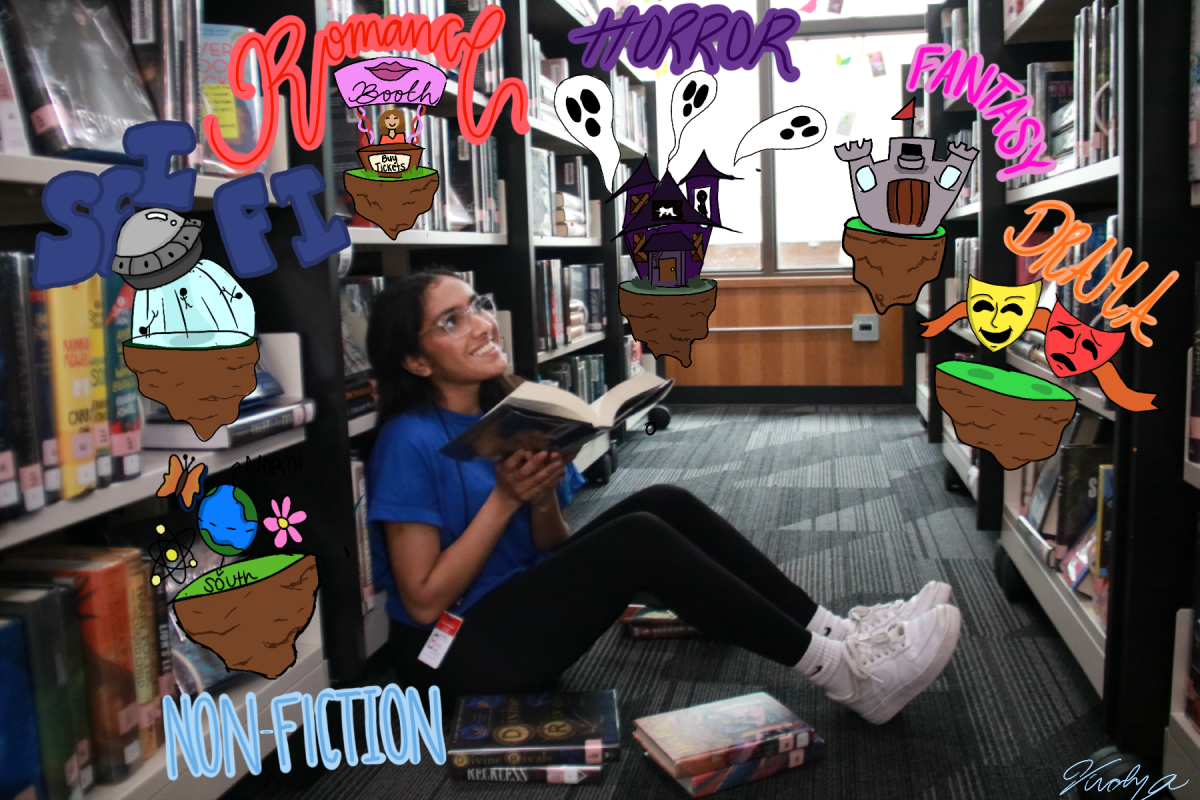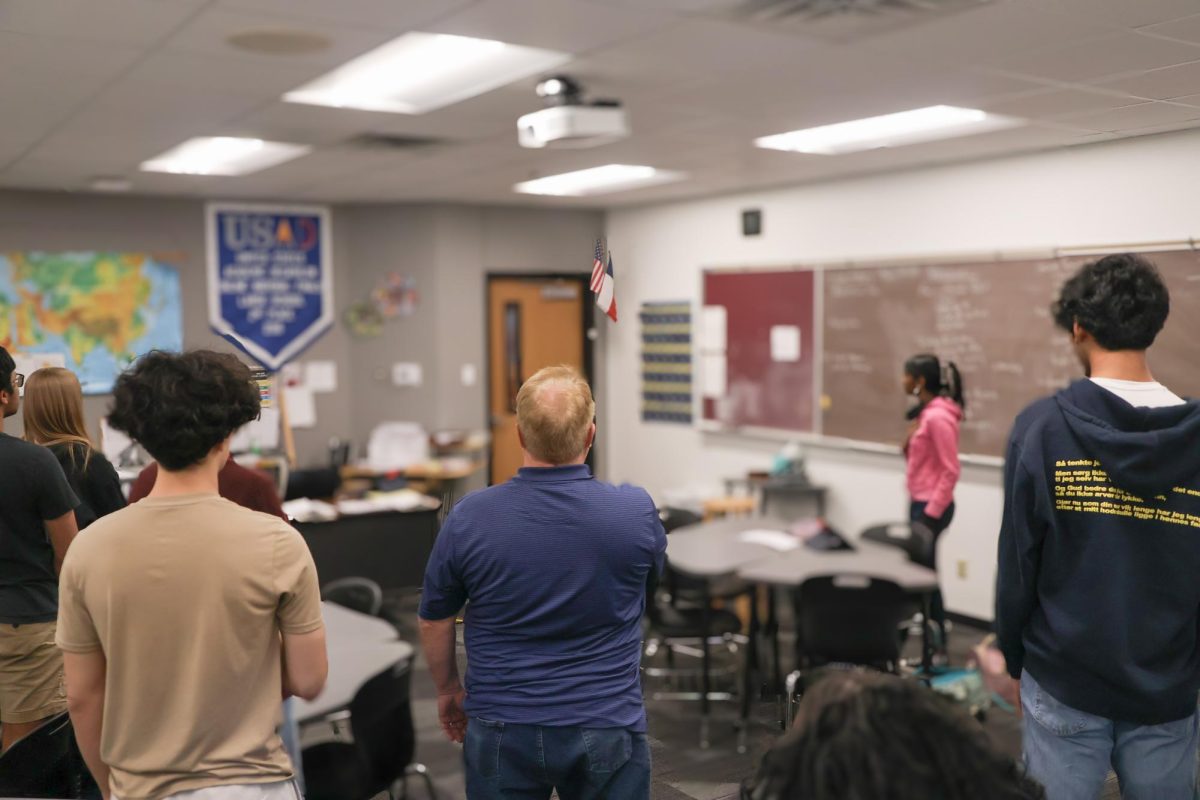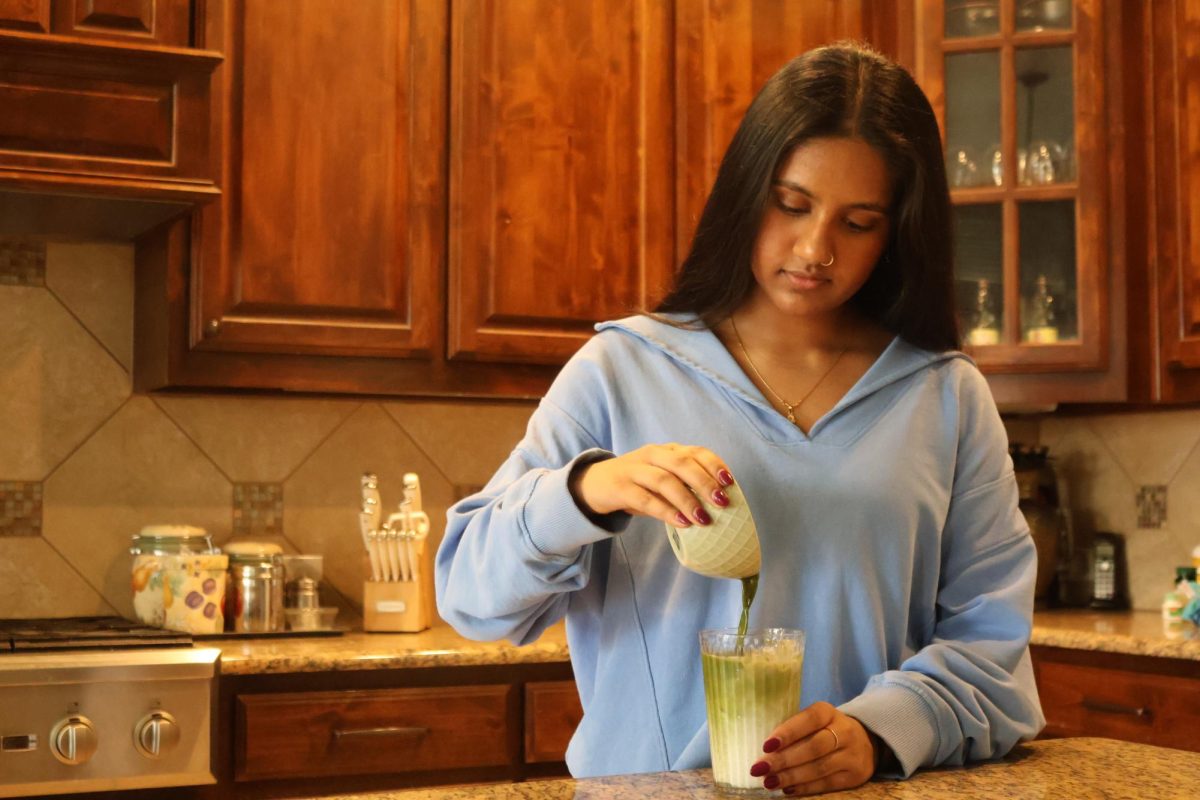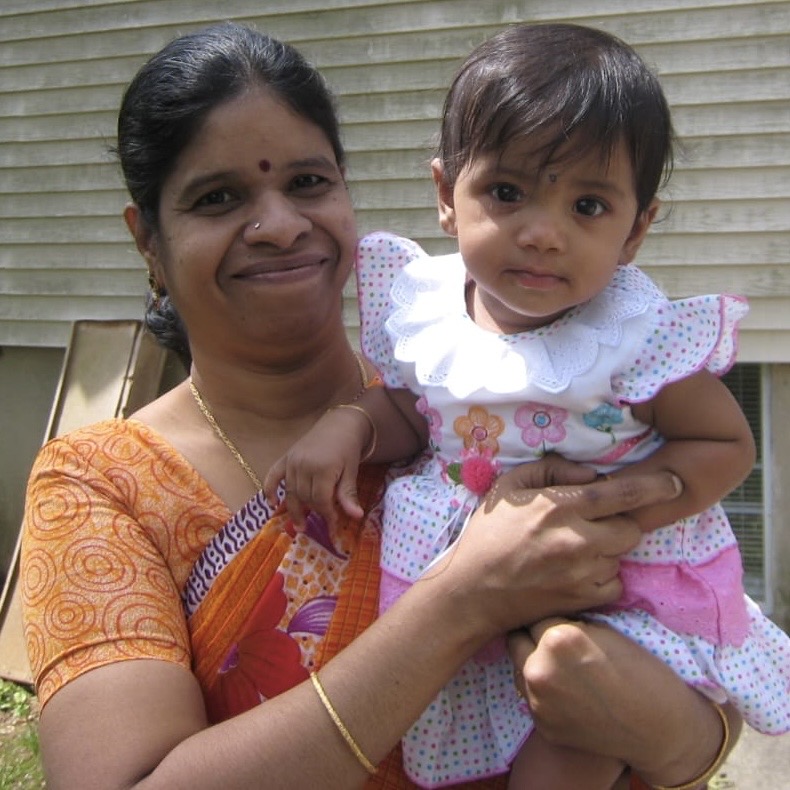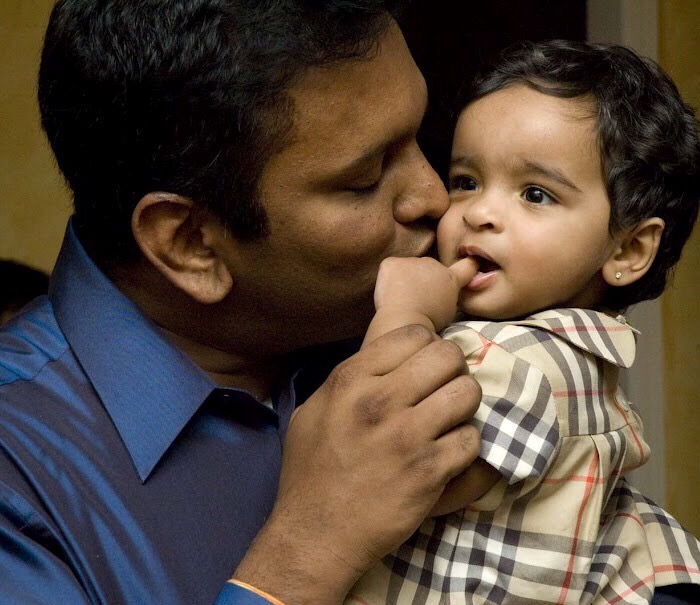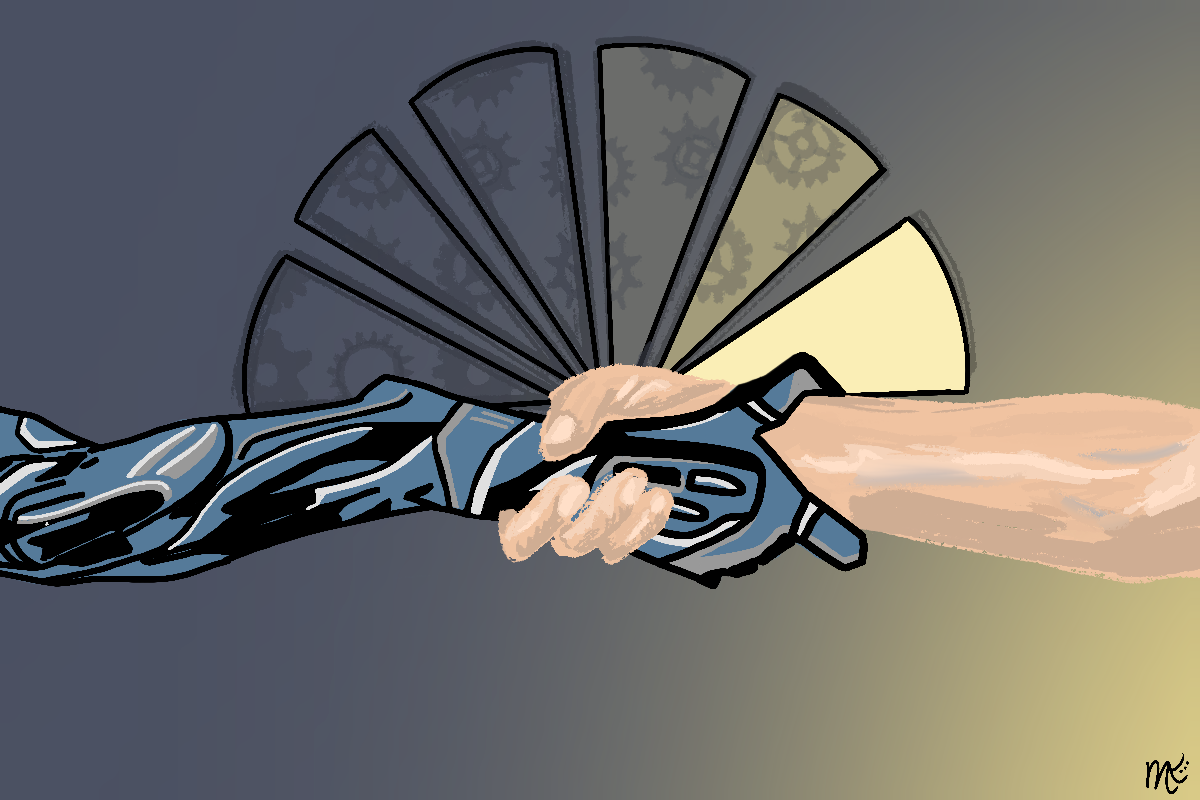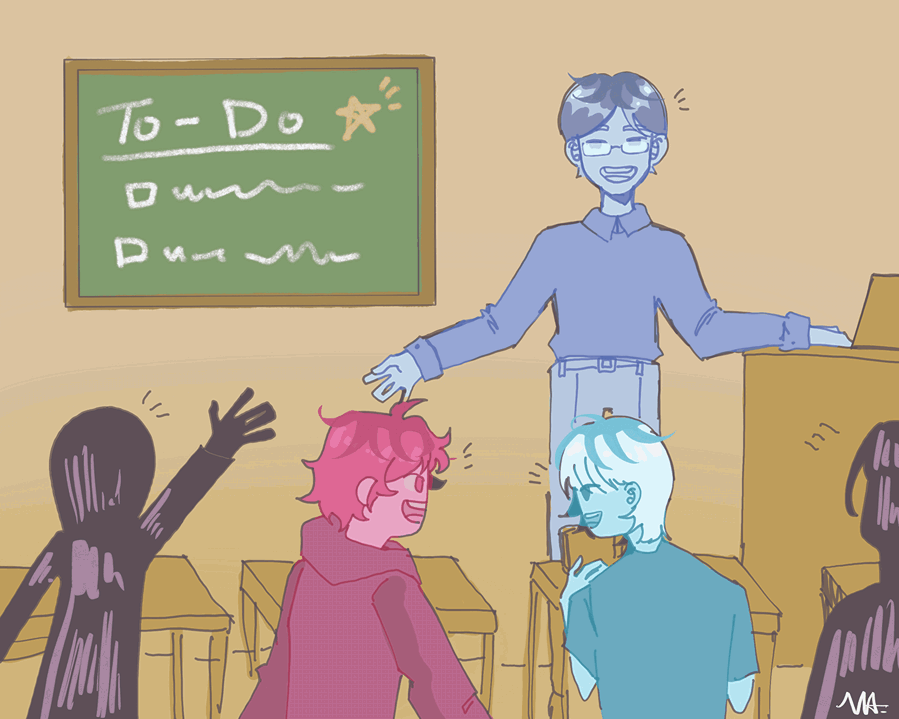“You think you just fell out of a coconut tree?” As I scroll through reels after school, my feed is flooded by political memes, ranging from videos of cats’ hilariously surprised expressions after hearing Donald Trump’s pet-eating claims to pictures of Kamala Harris smiling with coconut tree emojis floating about.
Aside from its effects on my feed, these satirical clips have a significant impact on many areas of society.
The social realm
Reels and memes are modern versions of political cartoons, one of the popular methods of increasing voter engagement in elections centuries ago.
The attention span of the younger generation is decreasing, and people like me are no longer interested in traditional news consumption or watching news on TV, thereby making social media an effective alternative. Who doesn’t like memes? They are short, snappy and funny. Most importantly, they stick.
Vice President Kamala Harris and former President Donald Trump are eagerly taking advantage of this platform.
Why is Gen Z so important to them? According to the fall 2023 Harvard Youth Poll, compared to the 57% of young Americans who were planning to vote in the 2020 election, only 49% are planning to vote in this election. Gen Z is very outspoken and passionate on several of the issues for this election cycle, emphasizing its importance in determining the vote. Since American citizens are not as likely to change their political party association, securing the young voters from the get-go is important for the overall parties to do well.
Memes are an easy way for people to get more involved in politics and government. It could lead them to watch the debates and engage with other issues our country faces today. It also allows people to feel more comfortable discussing politics with others, which is one of the cornerstones of democracy. I have certainly seen more people in my classes discussing the country’s prevalent issues. Overall, the tactic of using social media, reels and memes to increase voter engagement and spread information has a positive impact on the social realm of our country.
The mental realm
One consequence of political memes is polarization. Social media algorithms show us more of what we spend time watching (and probably have strong opinions about), so we are more heavily exposed to one side of the argument. Essentially, the polarization has more to do with the candidate than the important issues being discussed in the election cycle.
Social media is inherently damaging, as seen by the numerous harms of mindless scrolling. When you pair the addiction with an oversaturation of political memes, it numbs the audience and minimizes significant issues. The important thing to realize is we have control over the effects of trivialization and the oversaturation of political content, even when addictive reels try to convince us to scroll “just one more time.”
Information on social media has less facts and more fun. Naturally, viewers are more inclined to check out the election candidates’ social media accounts and formulate more solid opinions based on the agendas and values of the candidates, as opposed to how funny they are.
The technological realm
In the past, candidates used strategies like whistle stop train tours, loudspeakers blasting propaganda from cars and gathering supporters while on horseback to boost their popularity and spread their agenda. Nowadays, technology is making their job much easier. But, why are digital platforms blowing up? It seems that polarizing topics are especially great for increasing traffic. For example, Elon Musk’s X posts about the attempted assassination of Trump led to a 200 million follower increase for his account.
However, this makes it tough for us to figure out the truth. Misinformation spreads like wildfire, since most people will not fact check what they see on reels. As society advances, artificial inteligence will become a bigger issue in elections. From what I’ve seen so far, deep fakes and real videos and images of candidates are already hard to distinguish. For positive and negative reasons, the technology realm benefits from increased traction.
The economic realm
Memes and reels are becoming a business for candidates and their campaign staff. Campaigns are spending more money on social media memes and advertising, compared to previous years. For both candidates, more than 20 of the 30 major expenses are being spent on advertising and media.
It is realistic to expect that staffing young people to stay in the know of the younger generation’s trends will become an important task for campaigns. If this continues, it could lead to a drastic change in the economic landscape of elections. Creating more job opportunities by tapping into the younger generation’s potential can spur economic growth for AI and innovations.
The effects of the memes aren’t black and white. It is up to the generation of new voters to determine how the rise in satirical political reels affect democracy. Technology and social media will continue to be major players in future election cycles, so it is important for us to recognize misinformation and verify it before acting on it. Although they might only address superficial topics (when not outright mocking candidates), the memes could lead to increased interest in politics among youth.
Follow Deepali Kanchanavally (@deepali0914) and @CHSCampusNews on X.




